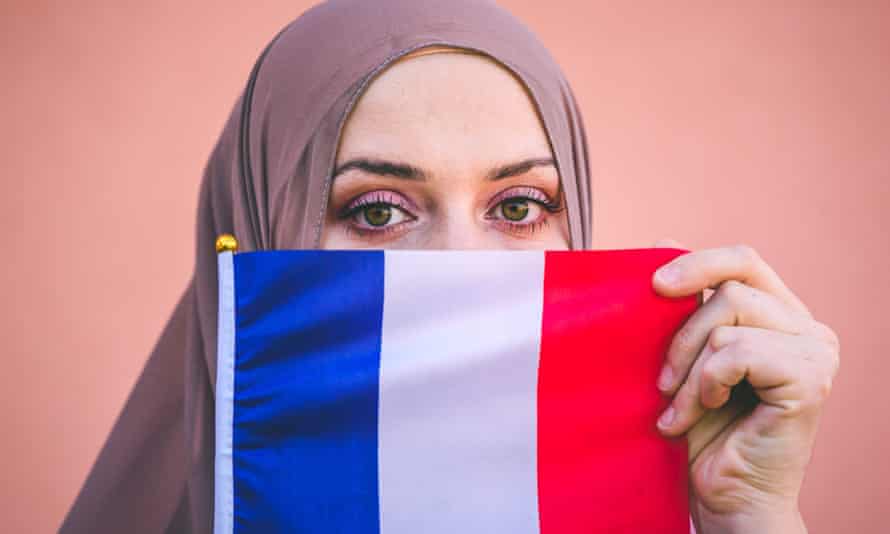In France, a new law could seriously restrict women’s rights to wear headscarves in public, and there are fears that it will entrench Islamophobia
Last October, the French president, Emmanuel Macron, laid out the vision behind a new, deeply controversial bill. The government claimed a minority of France’s estimated 6 million Muslims were at risk of forming a “counter-society” and the bill was designed to tackle the dangers of this “Islamist separatism”. It is meant to safeguard republican values, but critics, including Amnesty International, have raised serious concerns that it may inhibit freedom of association and expression, and increase discrimination. The new law, say critics, will severely affect the construction of mosques, and give more discretion to local authorities to close local associations deemed in conflict with “Republican principles”, a term often wielded against Muslims specifically. But one of the most controversial points is extending the ban on women wearing headscarves in public sector roles, to private organisations that provide a public service. Further amendments were tabled prohibiting full-length swimsuits (“burkinis”), girls under 18 from wearing the hijab in public, and mothers from wearing hijabs on their children’s school trips. These were subsequently overturned, but the stigma they legitimise lives on.
